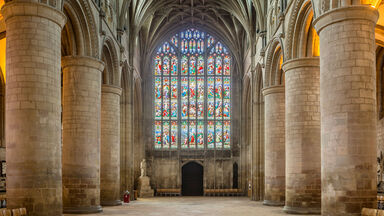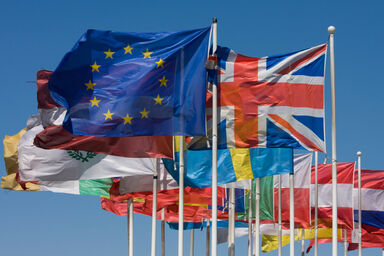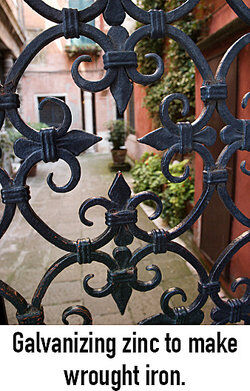Mention need only be made further of Isaac of Troki, whose anti-Christian polemic (1593) was translated into English by Moses Mocatta under the title of Faith Strengthened (1851); Solomon of Troki, whose Appiryon, an account of Karaism, was written at the request of Pufendorf (about 1700); and Abraham Firkovich, who, in spite of his impostures, did much for the literature of his people about the middle of the 19th century.
His great work, the Mikhlol, consists of a grammar and lexicon; his commentaries on various parts of the Bible are admirably luminous, and, in spite of his anti-Christian remarks, have been widely used by Christian theologians and largely influenced the English authorized version of the Bible.
Before modern philosophy began its career, there was a great revival of ancient philosophy at the Renaissance; sometimes anti-Christian, sometimes pro-Christian.
This Raba., the mother of falsehood and lies, of poisoning and fornication is an anti-Christian parody of the Ruha d'Qudsha (Holy Spirit) of the Syriac Church.
The work was obviously anti-Christian.





